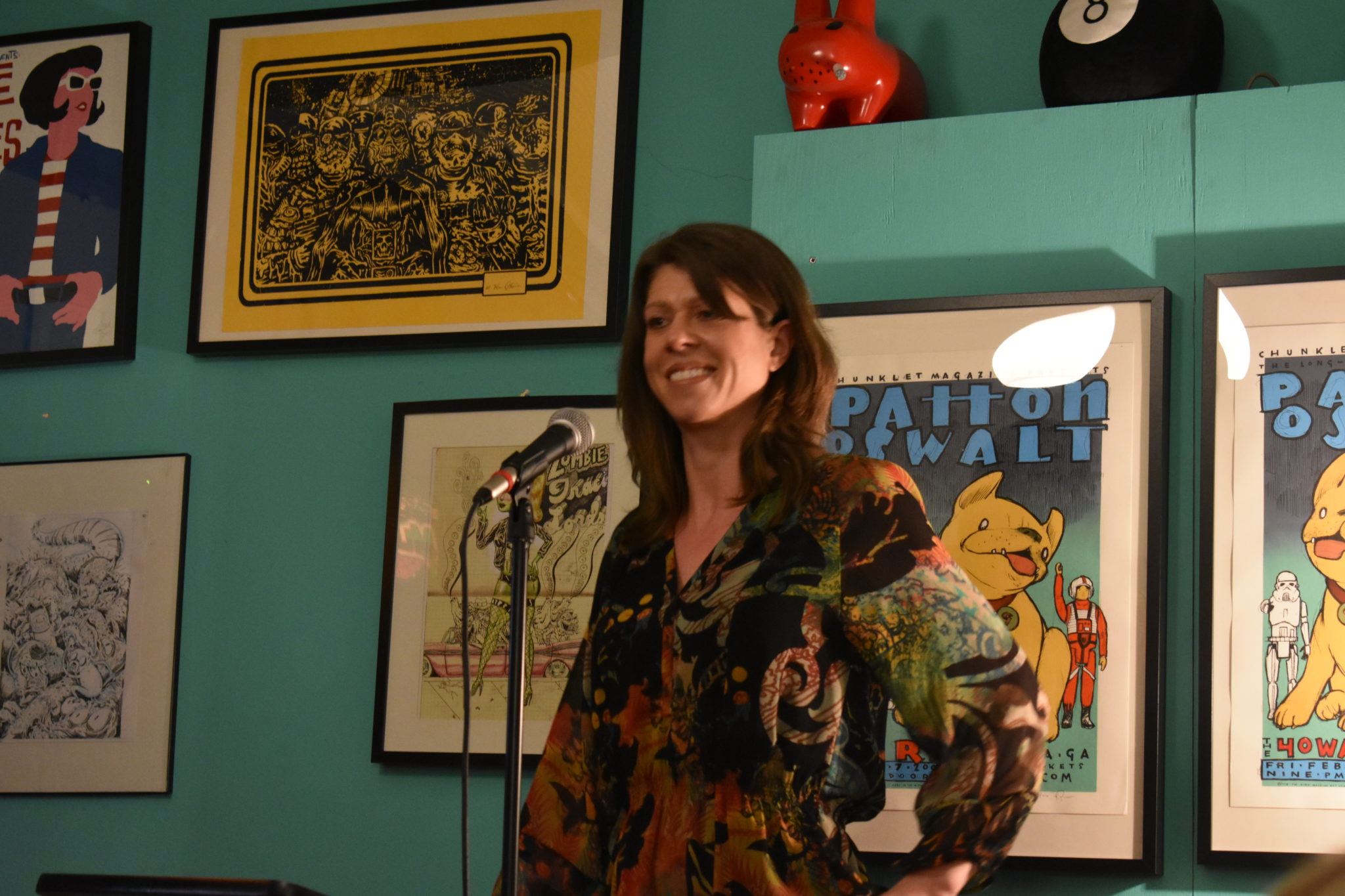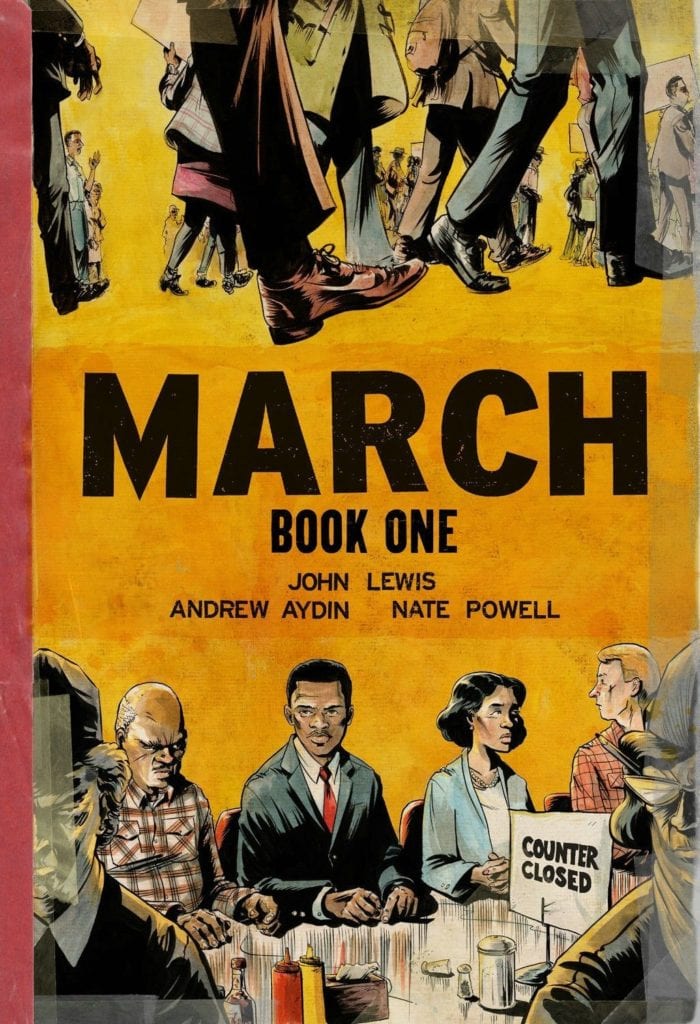Hazen Discusses the Comforts of Poetry in Uncertain Times
In a guest post on The Bookworm, Elizabeth Hazen, author of "Girls Like Us," discusses the power of reading and writing poetry in uncertain times.

In a guest post for the small book review blog, The Bookworm, Elizabeth Hazen discusses the role poetry occupies in her life during uncertain times as with the 2016 inauguration and #MeToo movement, and now the COVID 19 epidemic. She also explains her relationship to her new collection Girls Like Us.
While in her first collection, Chaos Theories, she used "a filter through which to explore my subjects allow[ing her] the distance to be objective," in Girls Like Us Hazen "[didn't' allow [herself] quite as much distance from the subject," adding that:
"After the public discourse about sexual assault and misogyny blew up with Trump’s inauguration and with the onset of #MeToo, many old hurts resurfaced for me, as they did for so many women I know. I had to write through all of this and realized that many poems I had been working on were really about what it is to be a woman in world that expects us to be so many contradictory things. The process of writing these poems, though painful at times, was incredibly empowering, and it is my hope that readers will share in that sense of empowerment."
Read the full blog post HERE
And don't forget, EVERY. SINGLE. BOOK. in the ASP catalog is half-price through the month of may!
The Prologue of “That Paris Year” is POETRY
Rethink your definition of poetry, Joanna Biggar’s prologue to her first novel, “That Paris Year” is a stunning vision of California and the city of love
MLK Video: Reuben Jackson narrates “March” by John Lewis and Andrew Aydin
MLK Video: Reuben Jackson narrates “March” by John Lewis and Andrew Aydin Hear Reuben Jackson narrate from “March: Book One” in honor of MLK day. If the video is not […]
Reuben Jackson Narrating Graphic Novel “March” for MLK inspired Concert
In-house ASP wordsmith and noted Jazz Scholar, Reuben Jackson, will be narrating March: Book One, written in part by sitting Congressman and civil rights leader John Lewis, for the Vermont Youth Orchestra’s celebratory performance of Duke Ellington’s Three Black Kings (which includes an ode to MLK) and Antonin Dvorak’s New World Symphony (which takes inspiration from African American spirituals).

